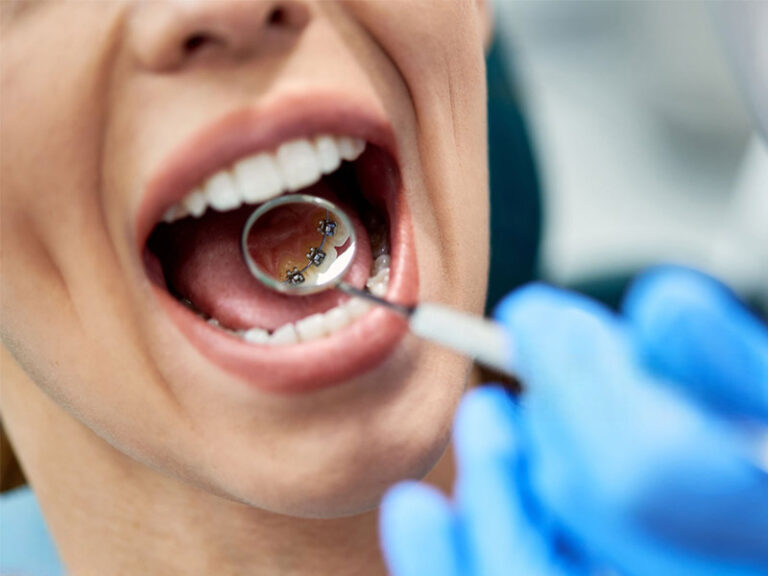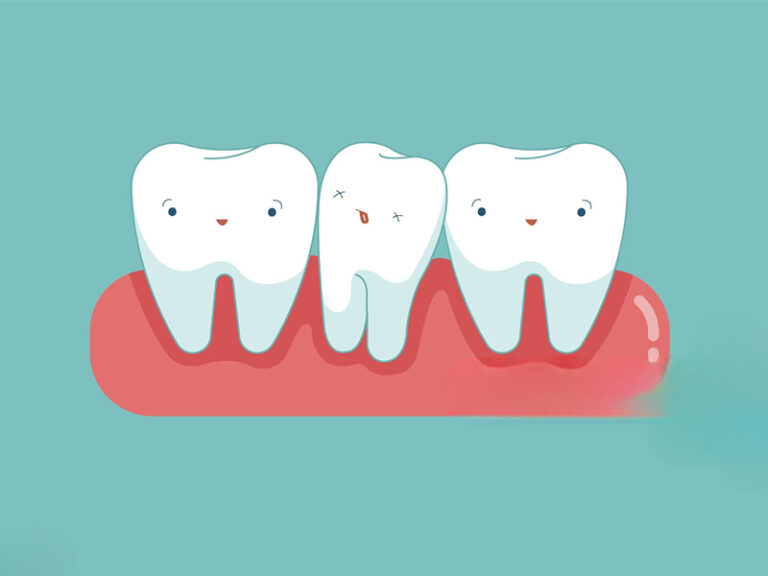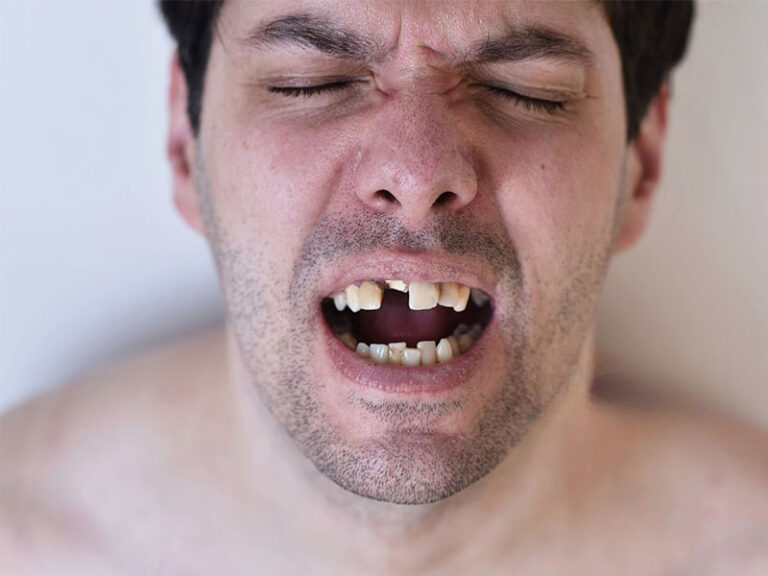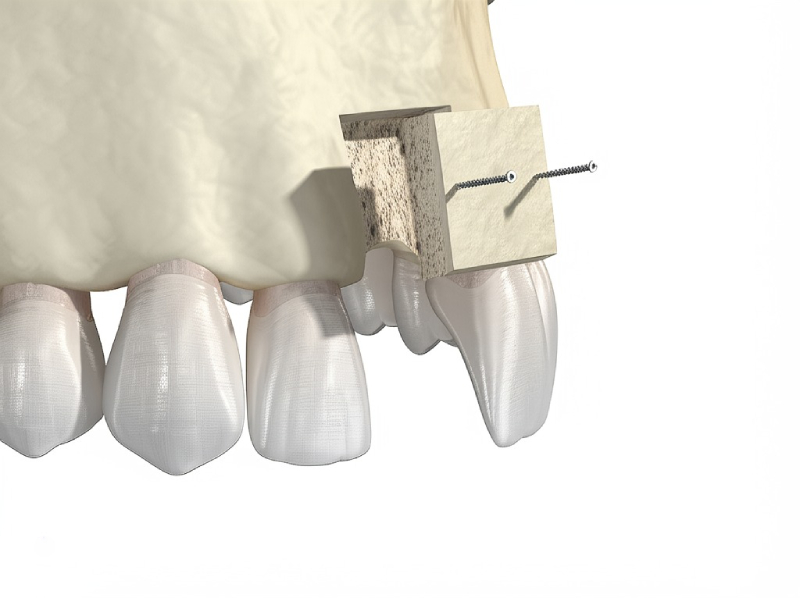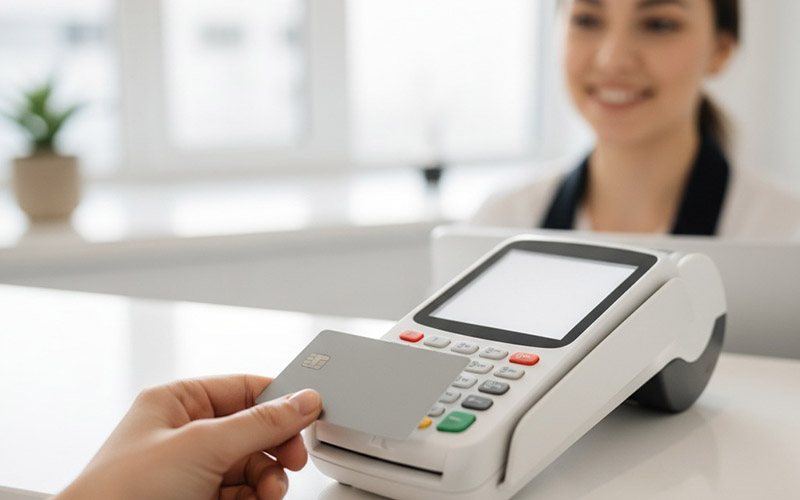
Do Dentists Take Credit Cards? Your Complete Guide to Dental Payment Options
Do you ever worry about how you’ll pay for your next trip to the dentist? If you’ve asked yourself, “Do dentists take credit cards?” In this guide, I’ll show you all the ways you can pay for dental care, including what kind of credit card payments dentists take. This article makes paying at the dentist simple, clear, and worry-free—and knowing your choices could help you keep your family’s smiles healthy and bright.
Table of Contents
Why Would You Want Different Ways to Pay at the Dentist?
Think about this: You’re at the dentist’s office. The tools are buzzing, your tooth gets fixed, and you feel better. Then it’s time to pay. Suddenly you get nervous. How are you supposed to cover the bill?
Lots of people are shocked by how much it can cost to see the dentist, especially if you need work done right away. Dental care isn’t cheap, and most insurance only covers some of it. If you don’t plan ahead, you might get worried or even put off the care you need.
Putting off dental visits can make things worse and cost you more in the end. That’s why it’s smart to know all your ways to pay—including using credit cards and other easy methods. If you understand your choices, you can feel ready and calm the next time you visit the dentist.
Do Most Dentists Take Credit Cards?
Short answer: Yes, most dentists do take credit cards. These days, almost every dentist’s office lets you pay with a credit card. Offices want you to pay quickly and safely, just like everywhere else. Why? People want paying to be easy! You might like using a credit card for big costs or to get points and rewards from your card.
Across the country, dentists take the big credit cards: Visa, Mastercard, American Express, and Discover. Over 90% of offices take these, which means you can swipe your card at the dentist like you do at the grocery store or gas station.
Dentists know you have options. Being able to pay with a card helps you say “yes” to treatment, book visits, or take care of sudden problems without worrying.
Dentists want it to be simple for their patients. When they offer different ways to pay, people leave happier and often come back again or tell friends to go there, too.
Which Credit Cards Do Dentists Usually Take?
When you get your wallet out at the dentist, you might ask, “Will they take my card?” Good news—most dental offices take all the big names:
- Visa: Almost always accepted. Almost every office takes Visa.
- Mastercard: Also very common.
- American Express: Many offices take it, but not all, since it costs them more.
- Discover: A lot of offices take Discover.
Some dental offices also take special credit cards just for health care, like CareCredit. These are made to help people pay their medical or dental bills.
If you use a credit card, you don’t have to pay right away—you can get your dental work now and pay when your card bill comes. This gives you a bit of extra time to deal with your budget.
Tip: If you aren’t sure, call the dentist or check their website before you go. They’ll tell you what cards they take and if there are rules, like a minimum amount you have to spend.
Can You Use a Debit Card at the Dentist’s Office?
Yes! Dentists who take credit cards almost always take debit cards, too.
A debit card lets you use money from your bank, not borrowed money like a credit card. It works in the same machines. Swipe, tap, or stick your chip in—just like always. Paying with debit is fast, safe, and means you don’t have to use cash.
Some people like debit cards because they don’t want to owe money later or pay off a credit bill.
You might even use a debit card tied to a health account like an HSA or FSA. More on those in a minute.
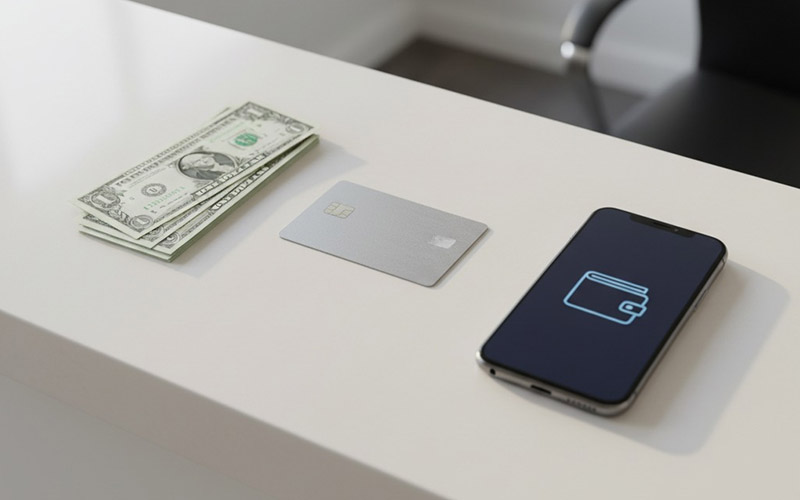
What Other Ways Can You Pay at the Dentist?
Dentists have several ways you can pay besides credit and debit cards.
Cash and Checks
Paying with real cash or a check still works! Some people like cash. Others prefer checks, especially for bigger amounts. Now and then, an office gives you a discount for paying cash (since it saves them on fees). Always ask—it might save you a little money!
Electronic Ways to Pay
Dentists are keeping up with the times. Many places let you pay with Apple Pay, Google Pay, or Samsung Pay. Just tap your phone, and you’re all done! Some offices let you pay online with their secure payment portal.
HSAs and FSAs
If you have an HSA or FSA through work, you can often use those accounts to pay for dental work. These save you money since you use money that’s not taxed for things like cleanings, braces, and fillings.
How Does Dental Insurance Work When You Pay?
A lot of people hope insurance will pay the bill, but dental insurance is different from regular health insurance.
How Dental Insurance Works
- Co-pays: You pay a set amount each time you go.
- Deductibles: You pay a part before your insurance helps.
- Maximums: Most plans have a yearly limit, like $1,500, and you pay whatever goes over that.
You still might have to pay some of your bill with cash, debit, or credit. Insurance usually covers only some things like fillings, crowns, or root canals. That’s why you usually pay when you get your care.
In-Network vs. Out-of-Network
If you use a dentist that’s “in-network”, you pay less. “Out-of-network” can be higher, and you might pay the full bill up front. Always check with your insurance and dentist before you book.
No Insurance?
Lots of people don’t have dental insurance. That makes it even more important to know all your ways to pay—cards, cash, or payment plans.
What If You Can’t Pay Everything Up Front?
Let’s be real—sometimes dental work costs a lot, especially for stuff like root canals or braces. If you don’t have enough saved up, what can you do?
Problem: Dental Bills Make People Wait for Care
If you can’t pay right away, it’s easy to get stressed or skip the dentist, but that could make little problems even worse (and more expensive).
Agitate: Dental Problems Get Worse Over Time
Skipping a visit might mean a bigger cavity, an infection, or gum disease later. That means more pain, more time, and even bigger bills.
Solution: Pay Over Time Helps You Get Care
Good news—a lot of dentists let you use payment plans or help you work out a way to pay, so you don’t have to come up with all the money right now. Just ask!
Do Dentists Offer Special Payment Plans?
Yes, and they can really help you afford care.
Payment Plans Through the Office
Some offices let you split the cost. You and the office agree to pay a little every month until it’s paid off. Many times, there’s no extra charge if you pay in a certain number of months.
Third-Party Financing
Some dentists work with companies like CareCredit, Wells Fargo Health Advantage, LendingClub, or Alphaeon Credit. You can get a loan or a credit line just for your dental bills.
- How it works: You apply at the office or online. If you’re approved, you can pay over several months or even years. Sometimes they offer a time with no extra charges.
- Watch out: Check the details! If you don’t pay it off in time, the charges can get high.
- Note: Getting approved depends on your credit.
Dental Loans
For bigger bills, a personal loan from your bank or credit union can help. Some companies offer loans just for dental stuff.
Discount Dental Plans
These aren’t insurance. You pay a yearly fee to get cheaper prices at certain dentists. Plans like Aetna Dental Access help you save on checkups and emergency visits.

How Can You Save On Dental Cost?
Let’s check out some smart ways to save your money on dental work.
- Look Over Your Bill – Always ask for the details. Make sure you know what every charge is for.
- Ask Before You Go – Talk to the office staff before you sit in the chair. Ask what it’ll cost, with or without insurance. Ask if they’ve got payment plans.
- Try All Your Options – Use insurance, FSAs, HSAs, or see if there are local help programs.
- Go For Checkups – Cleanings and checkups stop small issues from getting huge (and pricey).
- Try to Deal on Price – You never know! Sometimes, if you’re paying cash or have no insurance, you can talk the price down.
- Check Dental Schools and Clinics – Dental schools or community clinics often charge less. Students do the work, but a real dentist checks it.
- Stick to Your Plan – If you make a payment deal, pay on time. That way, you don’t get extra fees.
What To Do If You Can’t Afford Dental Care?
Just because you’re short on cash doesn’t mean you should give up on healthy teeth.
Community Dental Clinics
There might be a clinic nearby that gives cheap or free care, especially if you’re a kid, older, or on a tight budget. Look into health centers or your state’s dental programs.
Dental Schools
Living near a dental school? You’re in luck! Dental students do the work, but licensed dentists watch. The care is good—and the prices are better.
Help Programs
Some groups, state services, or churches help pay for dental needs. The local community health center can help, or call 2-1-1 to find out what’s around.
For Emergencies
If you’re in pain and can’t pay, don’t wait. Call your dentist’s office and explain. Many will work something out so you can get help now and pay later.
FAQ: Common Questions About Paying at the Dentist
Q: Is paying with a credit card safe at the dentist?
A: Yes. Dental offices use safe systems called payment gateways to run your card. They follow strict security rules, like PCI DSS.
Q: Will using my credit card cost me more?
A: Most times, you pay the same as if you used cash. Sometimes you get small discounts for cash. You only pay interest if you don’t pay off your credit bill each month.
Q: Can I pay my dental bill online?
A: Lots of offices let you pay through an online payment portal or their website.
Q: Are there extra charges to use a credit card?
A: Dental offices pay card fees, but they usually don’t make you pay more for using a card.
Q: What happens if I miss a payment?
A: If you have a payment plan, call the office fast. They can remind you, give extra time, or help fix things.
Quick Summary: What Did We Learn?
- Most dentists take credit and debit cards, so paying is easy—even if you need help fast.
- Big cards like Visa, Mastercard, American Express, and Discover are almost always accepted; so are special medical cards like CareCredit.
- HSAs, FSAs, cash, checks, Apple Pay, and Google Pay are also good ways to pay for dental work.
- Dental insurance might cover part of your costs, but you’ll still usually pay some up front.
- If you can’t pay right away, ask about payment plans or financing like CareCredit or Wells Fargo Health Advantage.
- Discount dental plans, dental schools, and local clinics can help if you’re low on cash.
- Always look at your bill, ask questions, and check your payment options before you go.
- Don’t wait on care just because you’re worried about money. Dental offices really do want to help.
- Regular checkups save money by stopping problems before they grow.
- If you need help, ask. Taking care of your smile is too important to skip!
References:
- American Dental Association
- CareCredit Health, Wellness and Beauty Credit Card
- Dental Economics Practice Management Surveys
- Healthcare Bluebook
- Kaiser Family Foundation
- National Health Expenditure Accounts
- Henry Schein Practice Analysis
- FIS Global Payments Report
- Aetna Dental Access Discount Plans
Smile bright—your next trip to the dentist will be easier and a lot less stressful when you know your ways to pay!


